 Photo by Sasha Freemind on Unsplash
Photo by Sasha Freemind on Unsplash
The church has pioneered ministry in child education, poverty, homelessness, social equality, physical health and disability, but we have largely abdicated any responsibility for mental well being. Our absence in the mental health space only generates even more stigma and suspicion over the origins of clinical mental health problems.
Here are six sigma often connected with mental in the church. The six conversation statements are what is often heard by Christians when they approach other Christians, often leaders. These kind of statements cause many to not talk about their struggles resulting in tragic endings. Many others just leave the church altogether with the feeling that their struggles are their own fault and that they have somehow let God down and they are suffering the consequences.
What the mental health sufferer hears: "My mental health problem is a result of my lack of trust in God, and it will disappear as I go deeper in my faith."
Anxiety disorders impact people with a deep trust in God and are not related to the strength of a person's faith. Anxiety issues also fluctuate over time and need long term management. They tend not to improve on their own but through awareness, medication, talking therapy and self-help strategies.
2. The Self-Indulgent Conversation: "Lots of biblical greats such as Job and Elijah were depressed. The key thing to remember is that they didn't pander to their depression, but got on with the ministry God had called them to."
What the mental health sufferer hears: "It's not OK to be self-indulgent and be impacted by my mental health problems. I need to ignore my pain and get on with what God's calling me to.
God never criticizes people suffering with depression in the Bible, indeed he does the opposite; he comforts them and meets their needs. Dealing with emotional pain is not self-indulgent, any more than dealing with physical pain is. We all need to offer and receive the comfort of God without qualification: that's grace!
3. The Personal Cross Conversation: "We all have our own cross to bear, for you it may be your mental health issues. The good news is that in heaven there will no more weeping or gnashing of teeth."
What the mental health sufferer hears: "I am never getting any better this side of heaven. God is responsible for me carrying this cross. Life is hopeless this side of eternity."
We can identify with the suffering of Christ in our sufferings, but these are not fixed God-ordained things. Mental health issues, like physical disabilities, provoke suffering but also creativity and gifting. They do not define our identity or reflect the sum of our struggles. We can live life well this side of heaven with mental health problems.

What the mental health sufferer hears: "Mental health issues are a weapon of Satan to stop people meeting Jesus. As long as I am talking about mental health, I am undermining the gospel."
Jesus was the ultimate pastoral leader who loved the hurting and broken like no other. He calls us to 'take care of the sheep' with the same care and love that he demonstrated. Supporting people with mental health problems in the church is fulfilling the spirit of the Beatitudes and the Great Commission. It is the very thing that will make our message heard in a skeptical world.
5. The Already Healed Conversation: "You have already been healed of your mental health problem, now you just need to agree with the healing that you have received.'
What a mental health sufferer hears: 'Your disobedience is keeping you ill."
Sometimes we need to choose the behaviors that we have decided for in our minds. However, this is not the same as choosing a healing. Mental health recovery is not about disobedience, but it is sometimes about courage. No one with the 'flu is being disobedient by feeling unwell, equally no one with depression is disobedient by feeling low. Let's not confuse healing steps with the healing itself.
6. The Medication Conversation: "Medication is OK, but you haven't been called to rely on it forever. You need to step forward in your faith journey so that this crutch is no longer needed."
What the mental health sufferer hears: "Medication is a weak alternative to real recovery. I should get off it as quickly as possible so that I can do this recovery right.'"
Medication is a valid, necessary and often essential part in mental health recovery. It is neither less virtuous nor effective than other sorts of treatments, in most cases. Just as with conditions like diabetes in physical health, many psychotic illnesses will require a life-long medication regime. This is wholly good and right and should be actively supported by the Christian community.
We carry a huge responsibility to use our words and actions to encourage and not hurt. While we may disagree over the causes and treatment options we can no longer allow ignorance to inform us.






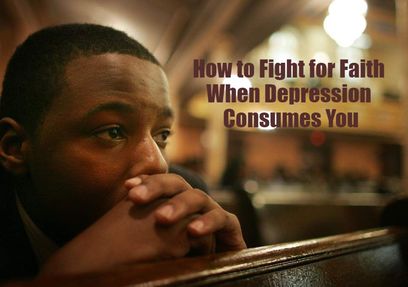
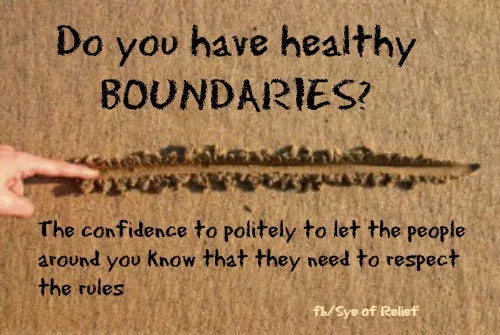
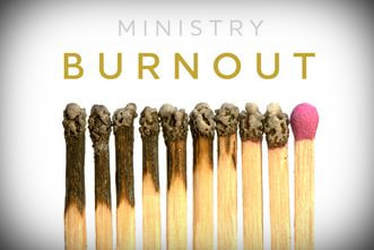
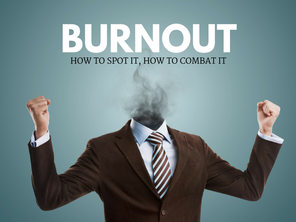


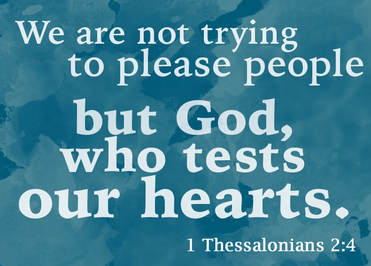



 RSS Feed
RSS Feed